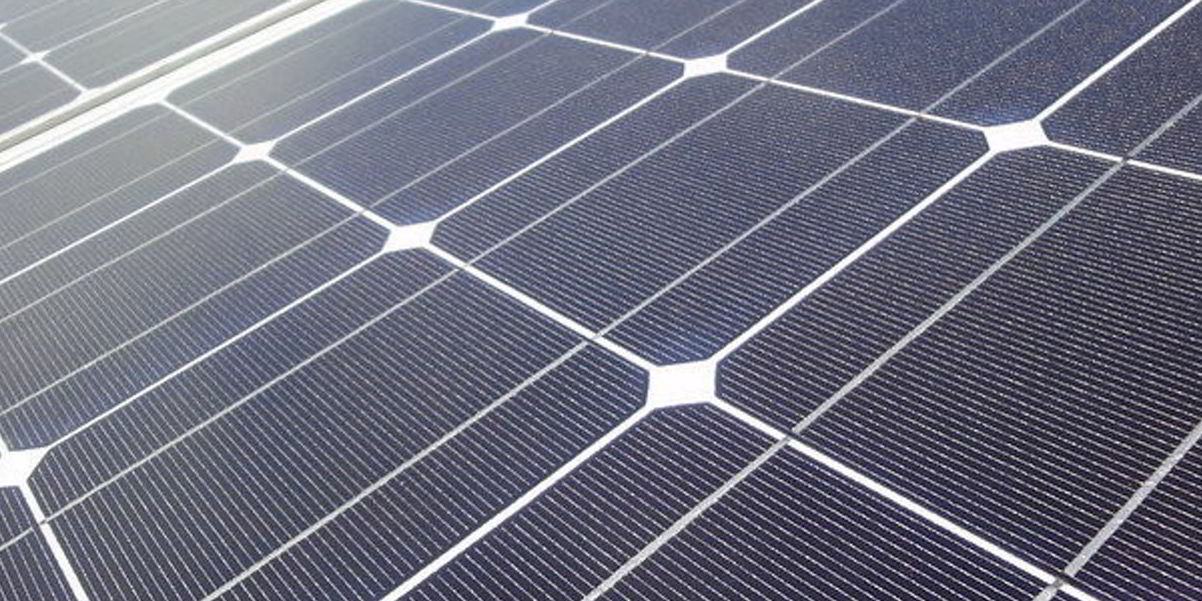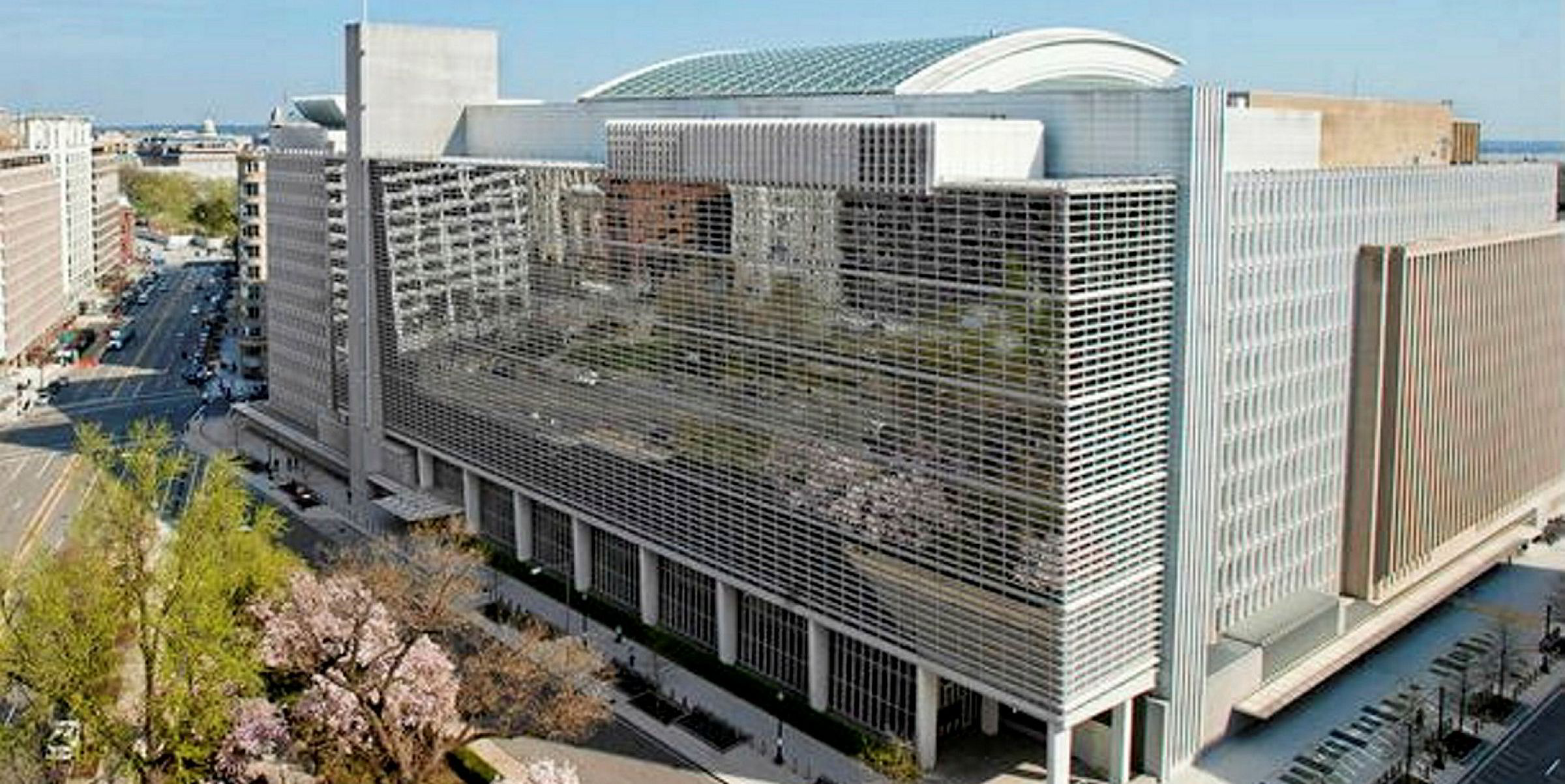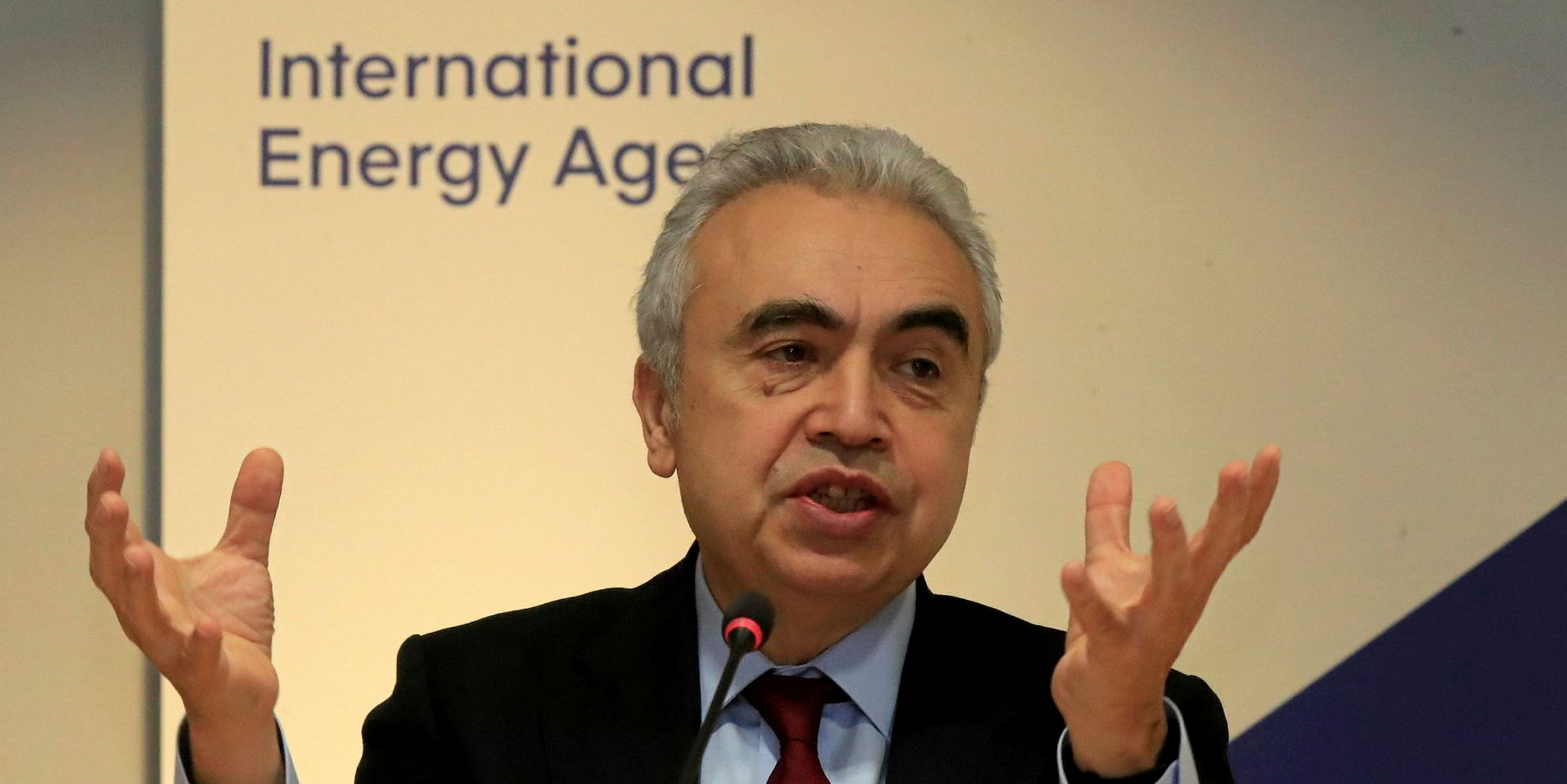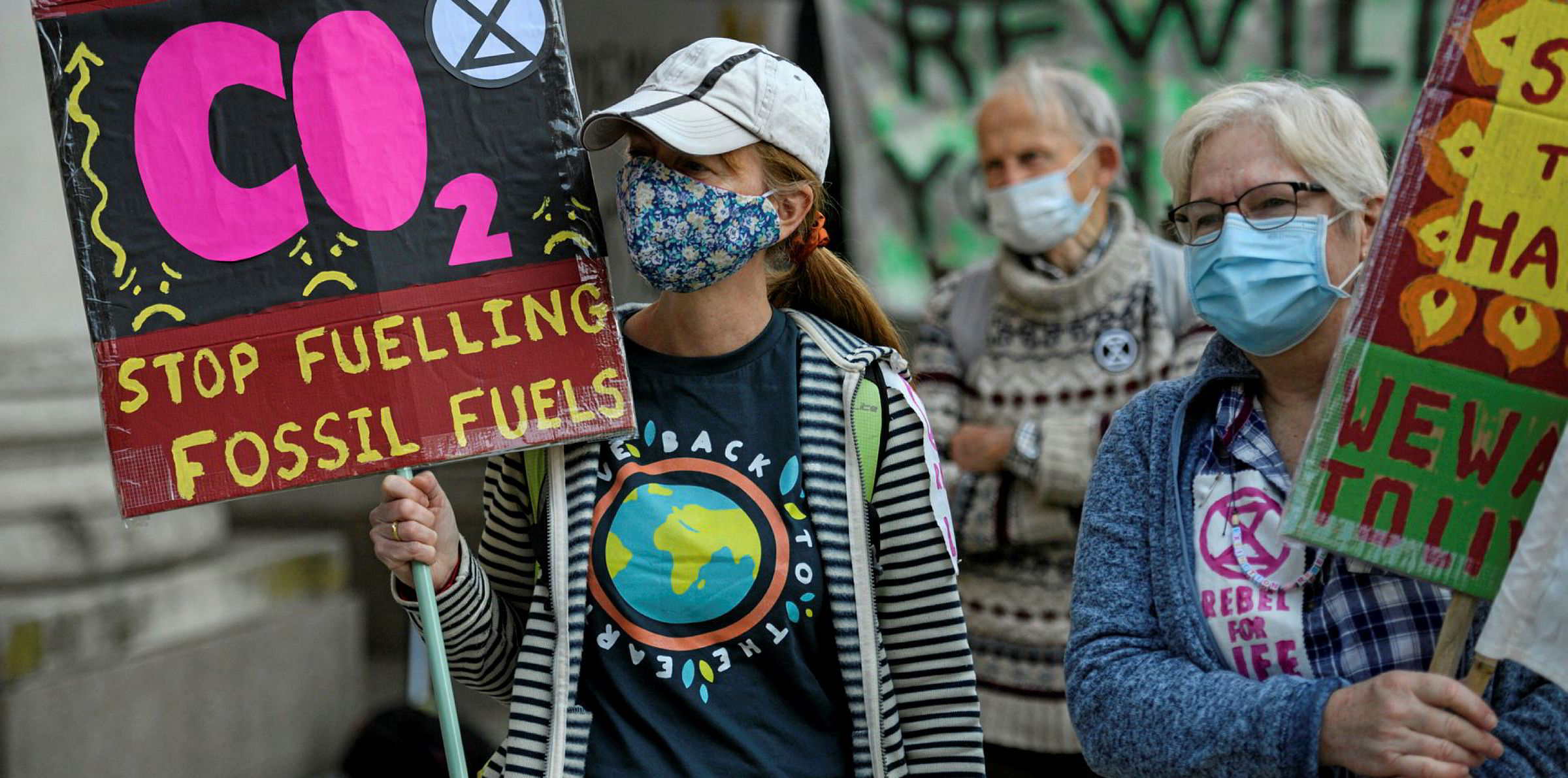A renewables-powered economic recovery from the Covid-19 pandemic could get worldwide emissions levels to “close to levels needed” to reach the Paris Agreement goal of keeping global temperatures to within 2°C of pre-industrial readings by 2030, a new report from the UN Environment Programme (UNEP) has found.
Get the market insight you need into the global oil & gas industry's energy transition – from the new newsletter from Upstream and Recharge. Sign up here
But UNEP, which calculated a 25% reduction on predicted 2030 greenhouse gas emissions was possible by financing a “green” recovery, underlined that despite a coronavirus-spurred dip in CO2 during 2020, the world was currently on a trajectory for a temperature rise of over 3°C this century.
“The year 2020 is on course to be one of the warmest on record, while wildfires, storms and droughts continue to wreak havoc,” said UNEP executive director Inger Andersen. “However, [the] report shows that a green pandemic recovery can take a huge slice out of greenhouse gas emissions and help slow climate change.
“I urge governments to back a green recovery in the next stage of Covid-19 fiscal interventions and raise significantly their climate ambitions in 2021.”
By UNEP calculus, a clean-energy-driven recovery would result in emissions in 2030 at 44 gigatonnes (Gt) of CO2, instead of the predicted 59Gt. “[This would] far outstrip emission reductions foreseen in unconditional NDCs [Nationally Determined Contributions], which leave the world on track for a 3.2°C temperature rise,” said Andersen.
“Such a green recovery would put emissions within the range that gives a 66% chance of holding temperatures to below 2°C but would still be insufficient to achieve the 1.5°C goal.”
The UNEP report highlighted “measures to prioritise” by governments in their Covid-19 economic recovery plans, including direct support for zero-emissions technologies and infrastructure, cutting fossil fuel subsidies, banning construction of new coal plants, and promoting “nature-based solutions” such has large-scale landscape remediation and reforestation.
Action on a green fiscal recovery has been “limited” so far, said UNEP, pointing to the only one-quarter of G20 member countries that have dedicated shares of budgetary spending, up to 3% of GDP, to low-carbon measures.
“There nonetheless remains a significant opportunity for countries to implement green policies and programmes,” said the UNEP report authors. “Governments must take this opportunity in the next stage of Covid-19 fiscal interventions.”
UNEP noted that by combining a renewables-powered pandemic recovery with “swift moves” to include new net-zero commitments in updated NDCs under the Paris Agreement and following up with “rapid, stronger action”, governments could still hit the more-ambitious 1.5°C goal set in 2015.
Global greenhouse gas emissions have grown 1.4% since 2010 on average, according to UNEP figures, with a faster rise of 2.6% in 2019 – to a new record high of 59.1GtCO 2 – due to a large increase in forest fires around the world.




